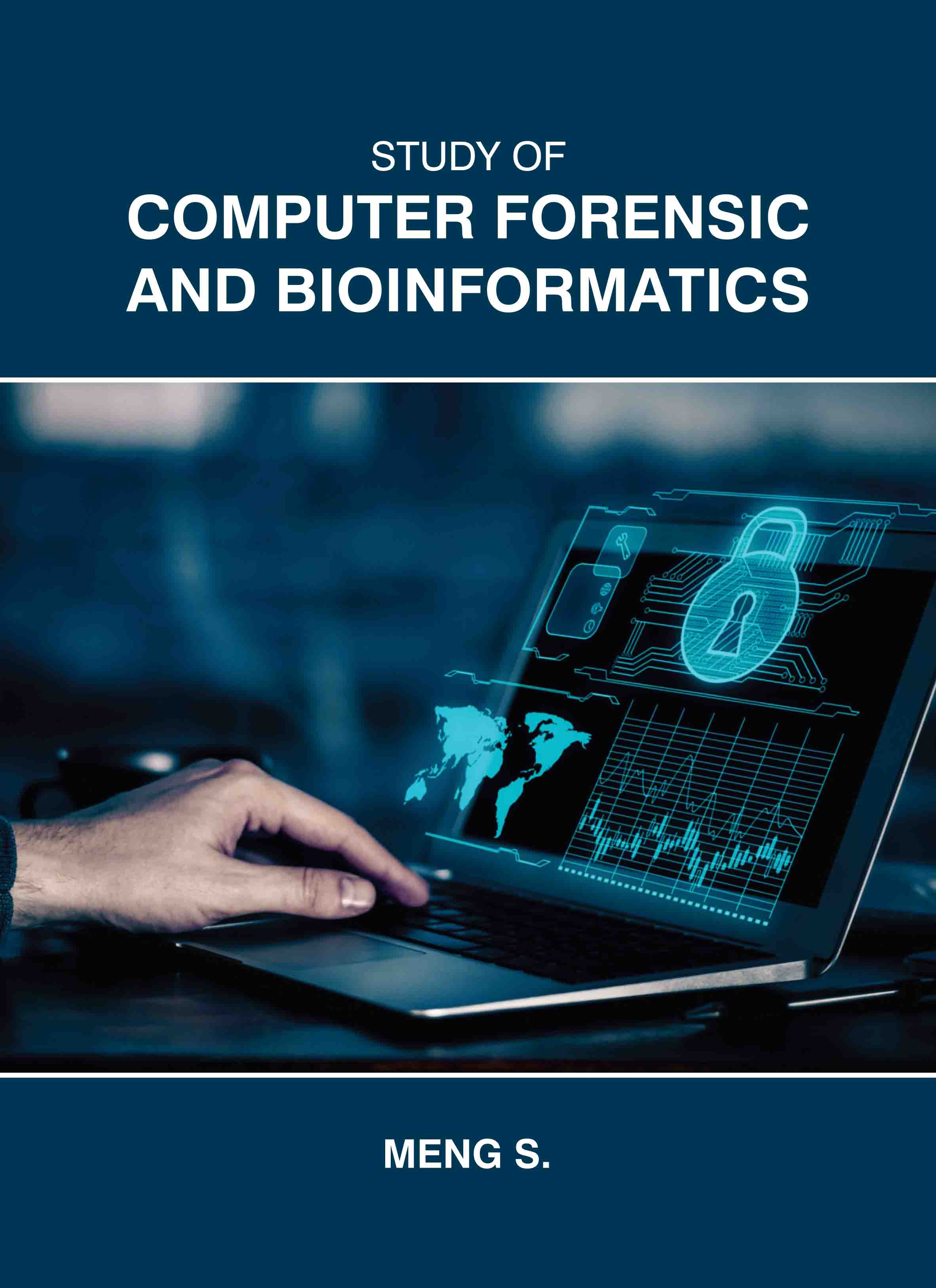
Study of Computer Forensic and Bioinformatics
by Meng S.
| ISBN | 9781835352267 |
|---|---|
| Publisher | EDTECH PRESS |
| Copyright Year | 2025 |
| Price | £150.00 |

by Meng S.
| ISBN | 9781835352267 |
|---|---|
| Publisher | EDTECH PRESS |
| Copyright Year | 2025 |
| Price | £150.00 |
The discipline of forensic science is becoming more and more dependent on biomolecular data, and several European nations are creating forensic databases to keep track of DNA profiles from crime scenes involving well-known offenders and to conduct DNA testing. The field has benefited from technological and statistical advancements like DNA microarray sequencing, TFT biosensors, and machine learning methods, particularly Bayesian networks, which offer a useful method of organising and inferring from the information. A subset of digital forensics called mobile device forensics deals with recovering digital data or evidence from a mobile device under forensically sound circumstances. Usually used to describe mobile phones, the term "mobile device" can also refer to any digital device with internal memory and communication capabilities, such as PDAs, GPS units, and tablet PCs. Recent advances in bioinformatics, especially massively parallel sequencing (MPS) for DNA analysis, have made it possible to extract priceless information without incurring exorbitant expenditures. This book's goal is to discuss the cutting-edge possibilities of bioinformatics in the field of forensic DNA science. We also talk about how privacy rights issues posed by the extensive integration of databases on crime, public health, and population genetic predisposition to diseases will be handled by bioinformatics.